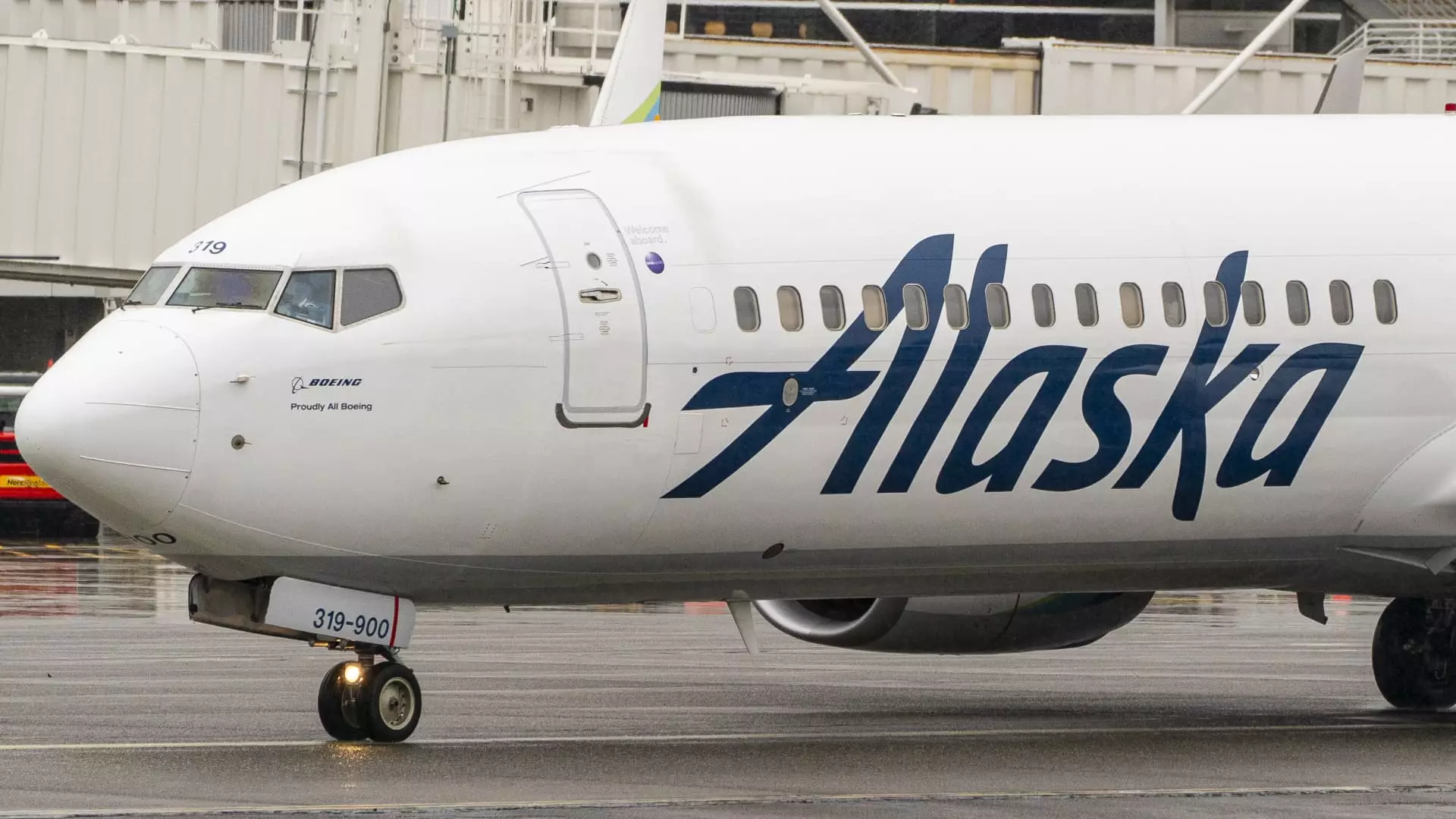Alaska Airlines flight attendants recently voted against a new labor deal that would have provided them with immediate raises averaging over 24%. This decision has left both the union and the company in a position where further negotiations are necessary. The initial agreement, which was tentatively reached in June, involved boarding pay, back pay, and average pay increases of around 32% over a three-year period. Despite these seemingly favorable terms, the flight attendants’ union emphasized that there are still unresolved issues that need to be addressed. The union plans to conduct a survey among its members to identify these key concerns before returning to the negotiating table.
Commitment to Finding a Resolution
In response to the rejected deal, Alaska Airlines stated that they are dedicated to reaching an agreement that recognizes the crucial role of the flight attendants and promotes the long-term success of the airline. This commitment indicates a willingness on the part of the company to continue engaging in discussions with the union in order to reach a mutually beneficial outcome. However, the specifics of the unresolved issues and how they will be addressed moving forward remain unclear.
Larger Industry Trends
The recent push for improved pay and working conditions among airline workers is a reflection of broader trends within the industry. The Covid-19 pandemic caused a pause in labor negotiations, prompting employees to advocate for better compensation and treatment. Salaries and fuel costs are significant expenses for airlines, making negotiations around these issues particularly crucial. While some major carriers have successfully negotiated new contracts with their pilots in recent years, flight attendants and other airline workers continue to seek fair wages and improved working environments. American Airlines, for example, recently reached a deal with its flight attendants union, with members currently voting on its ratification. Meanwhile, United Airlines is still in the process of negotiating a new contract with its flight attendants’ union.
The decision by Alaska Airlines flight attendants to reject the proposed labor deal underscores the complexities and challenges inherent in collective bargaining within the airline industry. As both the union and the company seek to address unresolved issues and reach a revised agreement, the outcome of these negotiations will have important implications for the future of the airline and its employees.

